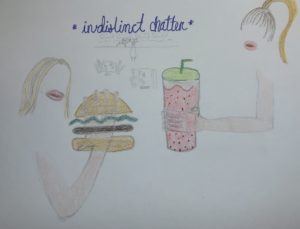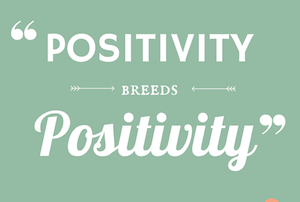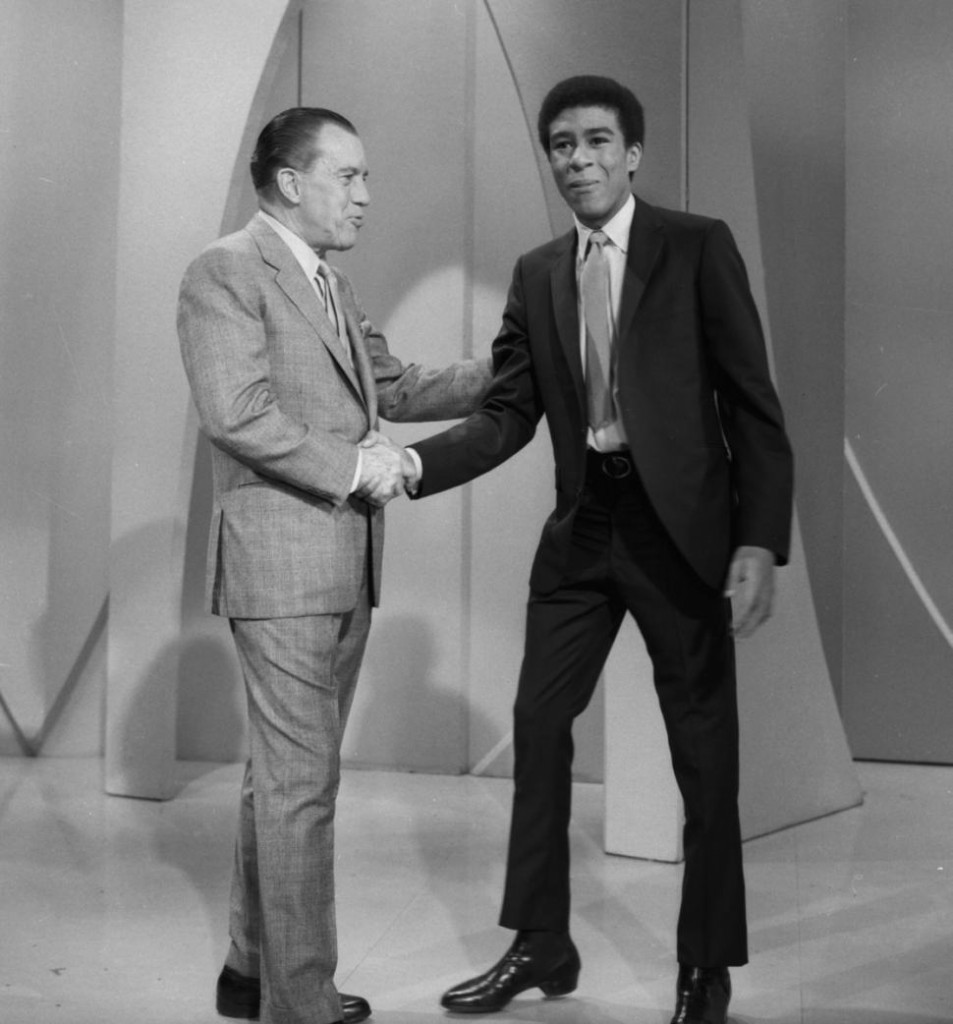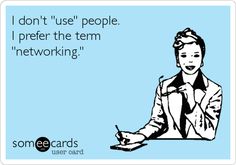You’ve probably heard of the Honeymoon Phase, a term generally used to refer to that special moment right after you meet someone where it all just feels so new and exciting that you’re willing to overlook any annoyances or red flags. It’s likely you’ve experienced this feeling yourself, as well as the staunch disappointment that comes with the (at times) harsh transition out of this phase — it’s important to remember, however, that the Honeymoon phase is, by its very nature, not made to last and that is actually very good news.
Here’s the thing about making friends, especially in college; not every friendship is created equal, and you have to learn very quickly to prioritize. Every week, day, and hour, you’re meeting someone new who lives within a 5-mile radius of where you live, and with whom you are likely to have at least one thing in common, even if that is only that you both go to the same school. The possibilities of friendship are endless, which, although exciting, can very quickly lead to social burnout or the accumulation of a whole lot of what I like to call “surface friends.” These are acquaintances who have moved into the “friends” category by default, without any true intentionality from either party. These types of friendships, while serving their purpose (and doing it well) in certain situations, cannot be the core of what you consider friendship to be. A true friend is someone who, as in every other relationship in your life, you are willing to invest time and effort into. They’re people whom you can trust with a secret, those who you can spam with messages without worrying about how that will change their perception of you by making you seem too needy, too careless, too attached…
This brings us back to the topic at hand—the honeymoon phase. At this point, I find it helpful to think of the types of friendships you’re looking to form in college as extensions, or at the very least close replicas, of the relationships you have with close family members, such as siblings, cousins or even parents. If you can truly say you never fight with these people in your life, I suggest you think of writing a book on the matter (and please send me an advance copy). More likely, however, you are no stranger to the daily, at times hourly, tussles or disagreements that come with close cohabitation or relationship with people—and the type of conflict negotiation that comes when abandoning the relationship is not even an option that crosses your mind. That is what you’re looking to replicate when forming friendships in college — at least the core, close ones. When you think about it, your friends become your new family: your home away from home. I’m not suggesting they can replace your family (my mother would kill me), but you do need to see them as the new nucleus to your life at college. And, as you do not shy away from conflict or disagreement in your related family, you should not do so in your new, “adopted” family.

In my own experience, I’ve found that approaching certain friendships with a renewed sense of commitment (one which I communicated with them) despite not always “clicking” with people on every level, has led to incredible growth in my personal as well as professional life. It’s normal at the beginning to focus on the quantity of friends – life moves fast on a college campus, and freshman year especially feels like a race for stability. Something I found useful was to, after the first couple of weeks, choose which group/club/activity I was willing and wanting to dedicate more of my time to. There, I got to know a small group of people very well, and began looking for ways to see them in different settings and situations during the week. Instead of seeing them only in large group meetings, I reached out to individual people (or they did me) and asked them to grab coffee, lunch, study together or go on a walk to that place on campus everyone had been talking about.
This was truly a turning point for my college experience – it not only taught me more about commitment and responsibility to others, but gave me enough faith in my ability to form deep, true friendships that I became more open and confident even in my “surface friendships.” True, committed friendships are life giving, because they do not focus on using each other for convenience—rather, they are a balance of give-and-take, in which you learn to grow and experience life as independent adults together.
Main Takeaways:
- The “Honeymoon Phase” is great for making new friends and should be taken fully advantage of when you’re in it, but you shouldn’t be afraid of moving past it to get to the core, real and honest side of friendship.
- Forming a nucleus of close friends is an important part of finding stability in college, and teaches you important values such as acceptance, accountability and conflict resolution.

By: Chiara Jurczak
Chiara Jurczak is a second-year student at Northeastern University where she is majoring in Political Science and Communication Studies. She is currently finding new ways to explore her passions for creative writing, publishing and political crises, and hoping to figure it all out sooner rather than later. In her free time, you can find her reading, baking, or trying to talk her friends into going on fun (and at times strange) adventures.
For over 20 years, the Campus Clipper has been offering awesome student discounts in NYC, from the East Side to Greenwich Village. Along with inspiration, the company offers students a special coupon booklet and the Official Student Guide, which encourages them to discover new places in the city and save money on food, clothing, and services. At the Campus Clipper, not only do we help our interns learn new skills, make money, and create wonderful e-books, we give them a platform to teach others. Check our website for more student savings and watch our YouTube video showing off some of New York City’s finest students during the Welcome Week of 2015.


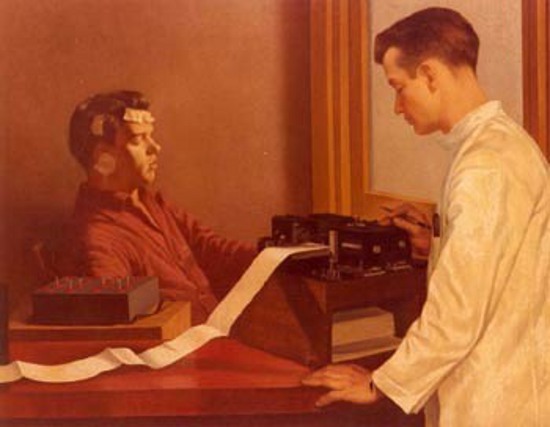




 I remember towards the end of this past semester I had one of those days, where all I wanted to do was to stay in bed and shut the world out. It was a Sunday. I woke up, stayed in bed and cried for an hour. After which, I sat up on my bed staring out the window. I blankly watched the cars drive down my street, trying to figure out what I was feeling.
I remember towards the end of this past semester I had one of those days, where all I wanted to do was to stay in bed and shut the world out. It was a Sunday. I woke up, stayed in bed and cried for an hour. After which, I sat up on my bed staring out the window. I blankly watched the cars drive down my street, trying to figure out what I was feeling. 